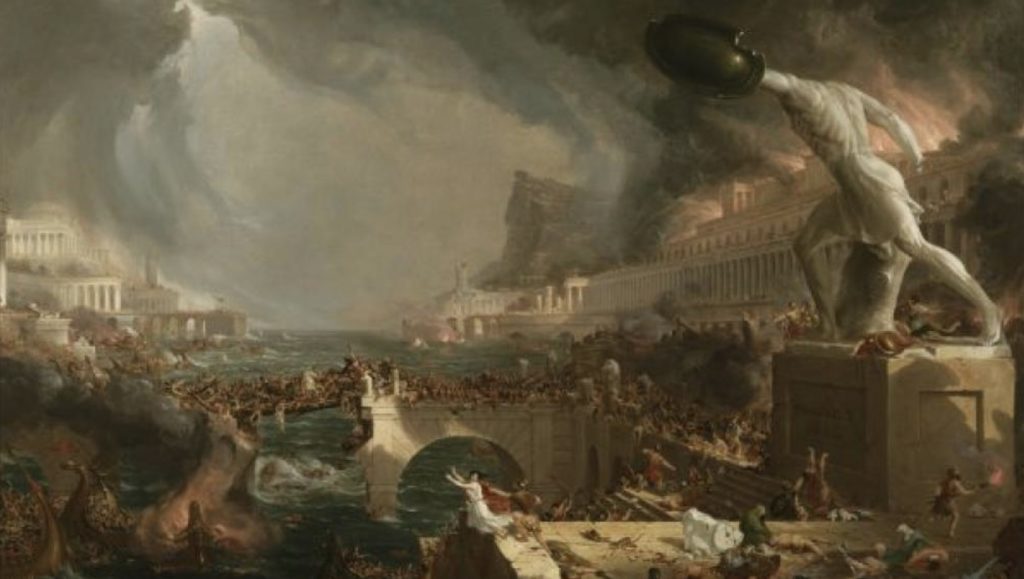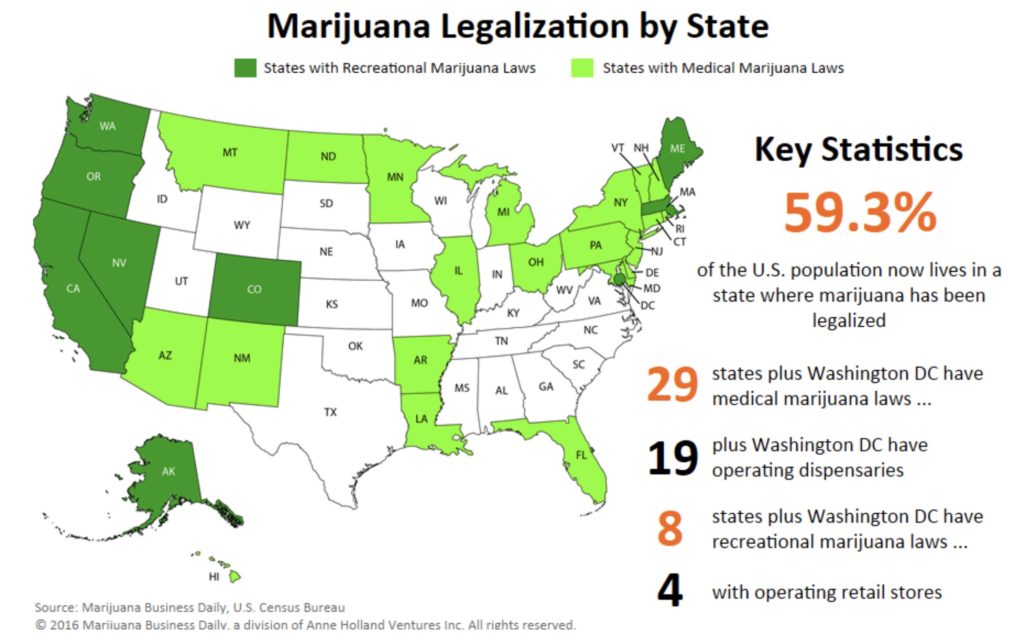
War is not a foregone conclusion or a national necessity. Each successive occupant of the White House only needs you to believe that in order to centralize the power of an increasingly imperial presidency, stifle dissent, and chip away at what remains of civil liberties.
– Danny Sjursen, retired US Army officer, The Pence Prophecy: VP Predicts Perpetual War at the West Point Graduation
Whenever I mention direct democracy, a certain segment of the population always comes back with a very negative knee-jerk reaction. Since this response tends to center around several concerns, today’s post will dig into them and explain how such pitfalls can be structurally addressed.
Minority Protection
The first thing that worries people is a fear there will be no protections for minority populations within such a system. Take the U.S. for example, where approximately 80% of the population lives in urban areas and only 20% in rural. If we moved to a system where direct popular vote played a meaningful role in deciding the majority of issues, rural populations would lose out every single time. It would end up being an oppressive system for people who live in less populated areas and would tear up the U.S. even faster than is happening now.
Donate bitcoins: 35DBUbbAQHTqbDaAc5mAaN6BqwA2AxuE7G
Follow me on Twitter.




